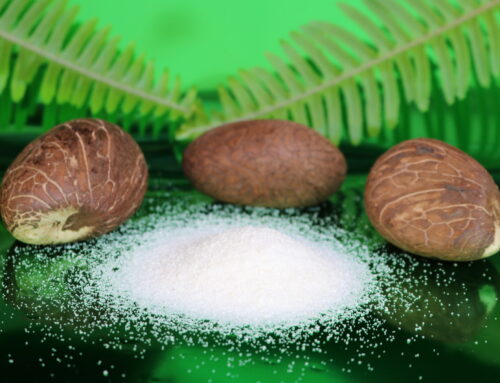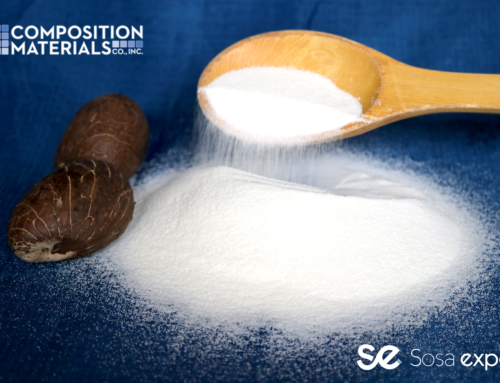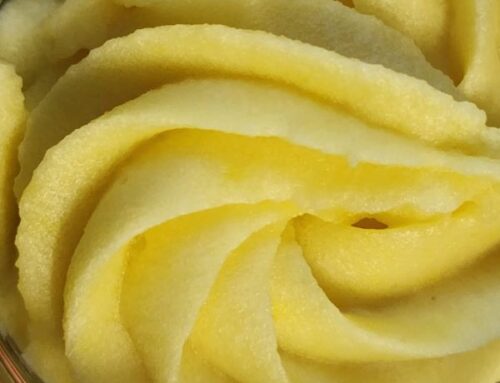Microspheres or microparticles (microbeads) are a subgroup within the group of microplastics. They are granules of very small size, between 0.1 micrometers (μm) to 5 millimeters (mm), round or irregular in shape, the purpose of which is to abrasive effect .
These are widely used in cleaning products personal and beauty, making up to 10% of the volume of a single article. Some products or articles that contain them are toothpaste, soap liquids, bath gel, exfoliants for the face and body, and lip gloss.
They may also be present in some household cleaning products and blockers solar power. It has been found that some products of daily use can release the environment 94,500 microspheres per use or application (Napper & Thompson, 2015, quoted in the report of Environment Canada, 2015).
Another alternative is to use product that contain natural or biodegradable abrasivesTagua nut
The tagua also known as walnut of ivory or vegetable ivory, whose name
is Phytelephas aequatorialis Spruce, is a palm tree
of the humid forests of the Ecuadorian coast between 0 and 1200 masl.
The Tagüeros craftsmen take advantage the seed of the palm of tagua in
different stages of maturation and leaves.
The tagua is the fruit of Cade's palm, known as "ivory vegetable ",
grows wild in the tropical moist forest Ecuadorian, its appearance is similar to animal ivory.
When the tagua is tender, it can be consumed by the human being; when mature,
the fruit hardens allowing its processing for economic purposes. The tree, known as Cade's palm,
is not damaged during the harvesting of the tagua pepa, that is, its harvest does not generates environmental impact.
Rather the tagua is the product by excellence to protect the forest and biodiversity, since allows the
inhabitant of the forest to live from its collection






